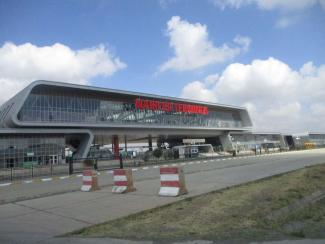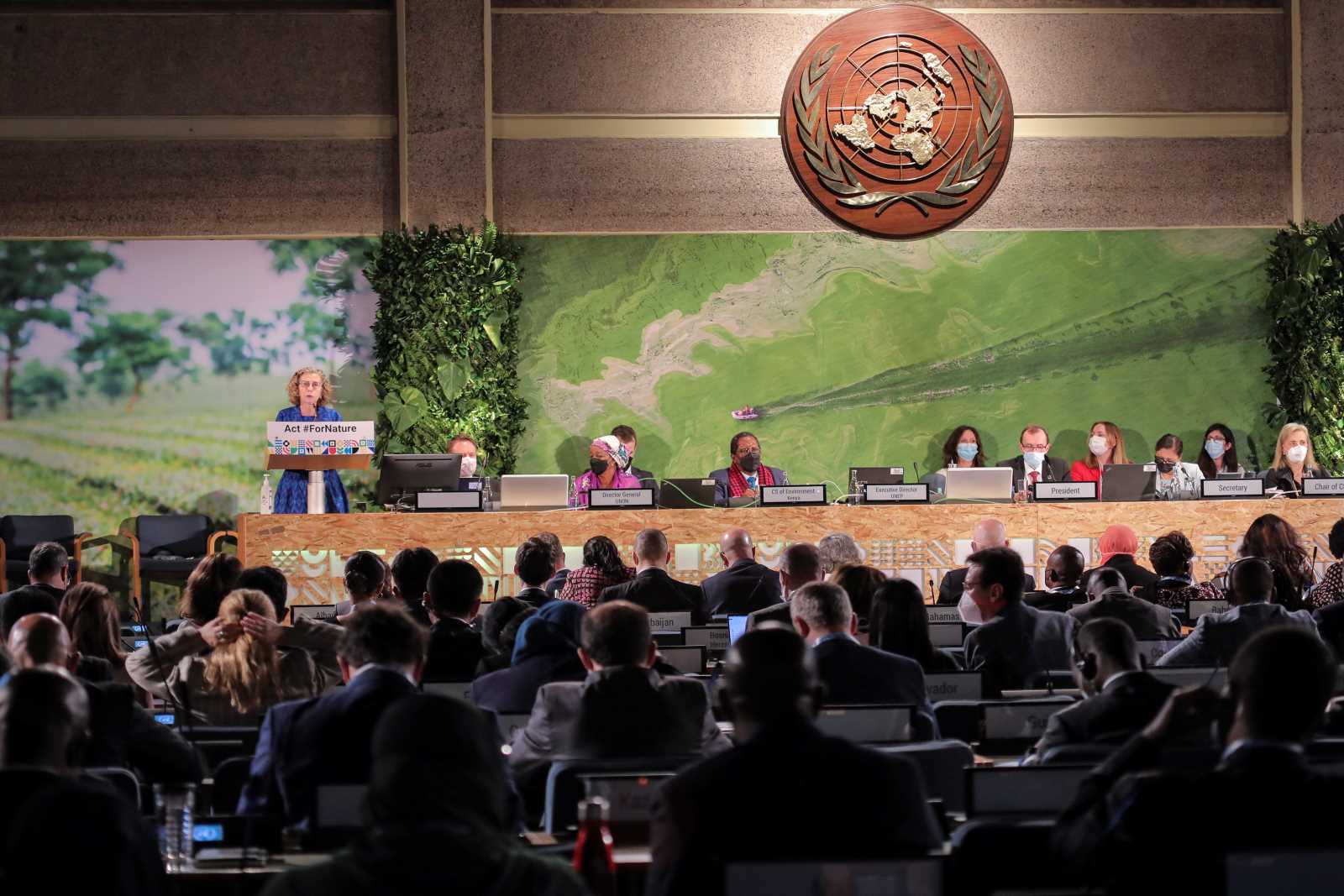Blog
Fulfil the promises

Peter Altmaier, Germany’s federal minister for economic affairs, attended the Belt and Road Forum in China’s capital city. He says he found it encouraging. It was the second global meeting Xi’s government convened in two years to promote its Belt and Road Initiative, which is financing and building trade-related infrastructure around the world.
In several ways, the Chinese leadership used the event to respond to international criticism. Apart from more transparency, the pledges it made last week include the following:
- China will pay attention to not overburden partner countries financially.
- China wants to cooperate with multilateral institutions.
- Corruption will not be tolerated.
- The infrastructure built will be environment friendly.
- The private sector will play a leading role.
These promises make sense. The international community should now observe diligently to what extent they are fulfilled.
The criticism China is now responding to is valid. Yes, some BRI loans have proved excessive, so countries have been struggling to service them. Yes, when debt problems arise, they will ultimately have to be dealt with in an international setting. Yes, the BRI has so far not been transparent, and that gives scope to corruption. Yes, humanity can no longer afford to further pollute the environment and heat up the planet. Yes, market competition can enhance efficiency.
Western criticism of the BRI has gone beyond these points in the past, claiming that the entire initiative is only about subordinating partner countries to the wishes of Chinese policymakers in the long run. Such worries are excessively paranoid. The truth is that infrastructure investments are desperately needed in many places and that it makes sense to cooperate globally to make it happen. China has huge financial resources that should be welcome in this context.
The Chinese government likes to claim that the People’s Republic is a developing country. At the same time, it is increasingly becoming important as a donor nation in international affairs. It is a pity that it has so far not shown more interest in learning from the experience of the established donor countries. Decades ago, established donors believed that development was basically about building infrastructure. That policy failed, however, so issues such as governance, transparency, rule of law and public accountability were paid more attention. To a large extent, recent Chinese rhetoric shows that the BRI initiative is running into similar problems as the established donors did decades ago.
Accordingly, China seems to be moving in the right direction in regard to issues of aid effectiveness. It still has a long way to go of course. As the Hong Kong-based South China Morning Post reported, the BRI summit itself was not organised in a way that suited openness and transparency.
Today, authoritarianism is all too often mistaken for strength. One reason is the spectacular development of the People’s Republic under Communist rule in recent decades. However, we must not overlook that despotic rule is normally far less successful. The desperate poverty and stagnation of the Mao era was actually more typical. The commitment Chinese leaders showed to developing their nation after his death was unusual, and Xi has actually been backtracking in domestic affairs by entrenching his personal power more deeply and weakening institutions.
International cooperation on financing sustainable development provides opportunities for nudging his regime onto a different path. Such opportunities should be grasped. A welcome side effect is that, in order to do so, the established donors will have to adhere closely to the aid-effectiveness criteria which include managing for results, alignment to partner-countries’ procedures and policy ownership of the countries where measures are being implemented.















